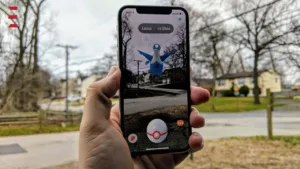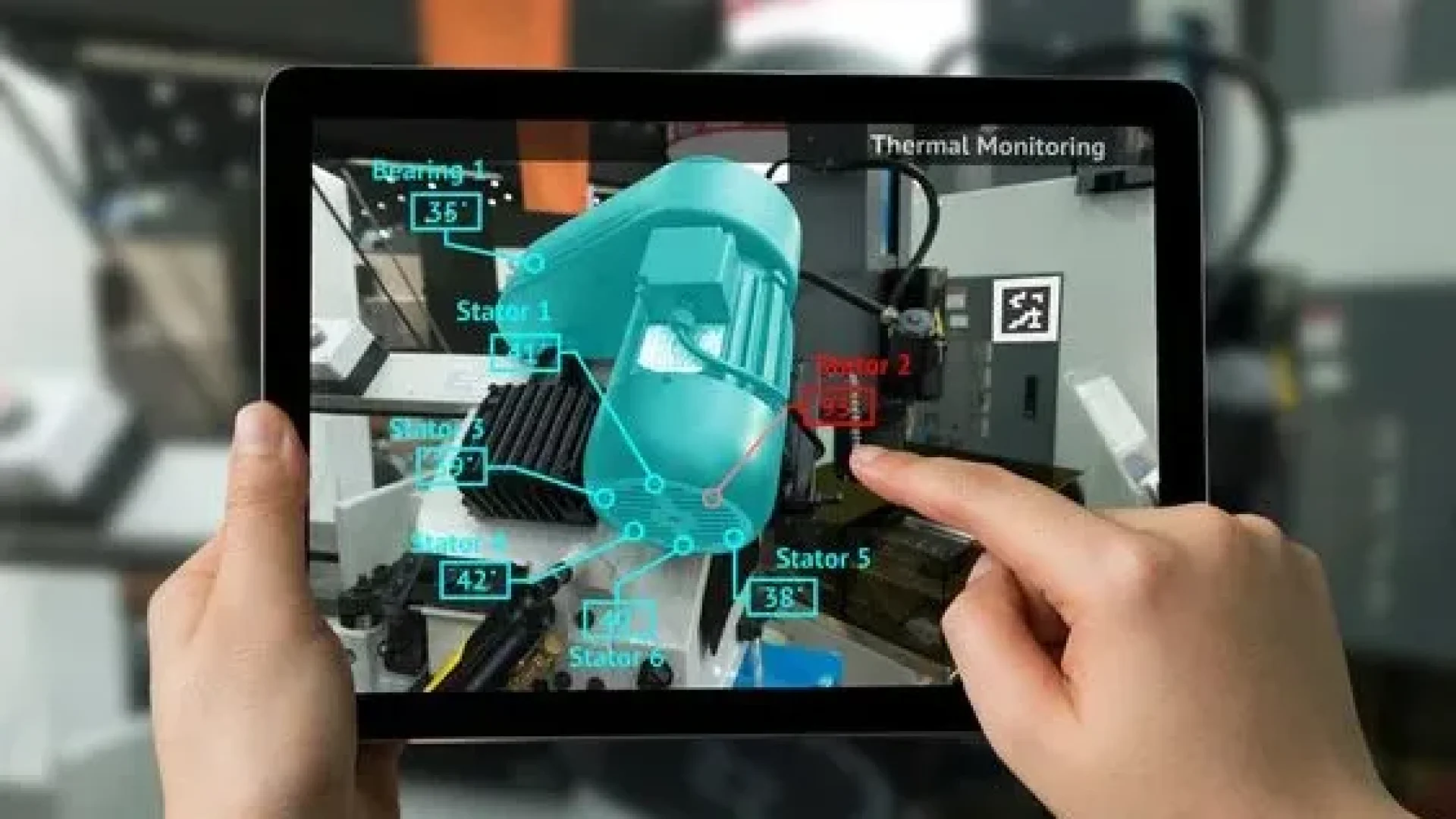With AR technology at the helm, gaming experiences are no longer confined to screens but are woven seamlessly into the fabric of the real world. The possibilities are boundless, offering captivating adventures and opportunities for innovation, making AR an enchanting force in the gaming universe. In the realm of augmented reality (AR) game development, a great idea is just the beginning. The journey from a concept to a playable prototype is where the magic happens.
In this blog, we’ll take you through the exhilarating process of turning your AR game concept into a tangible, interactive prototype.
How AR is employed in Gaming?
In the world of gaming, Augmented Reality (AR) has emerged as a transformative force, blurring the boundaries between the digital and real worlds. It’s widely employed in location-based gaming, allowing players to explore their surroundings while encountering virtual creatures or objects, as exemplified by the phenomenon of Pokémon GO.
Furthermore, AR’s magic extends to object recognition, enabling players to scan physical items and infuse them with virtual interactivity. Also, it introduces intuitive gesture and voice controls, adding a layer of natural interaction to the gameplay. AR finds applications in education, storytelling, and social interaction, creating experiences that are enchanting, engaging, and ever-expanding in their potential.
The Technical Alchemy of AR Game Development in the USA
Augmented reality games are unique in that they overlay digital content onto the real world, creating astonishing interactions. Achieving this blend of reality and virtual elements requires a careful orchestration of technologies, and it begins with the tech stack we choose.
1. AR Development Frameworks:
Our journey starts with AR development frameworks like Unity3D, ARKit, ARCore, and Vuforia. Selecting these development frameworks, provide the foundations for motion tracking, object recognition, and environment understanding.
2. Game Engines:
Next, we delve into game engines like Unity3D, our trusty spellbook for crafting immersive AR experiences. Unity3D allows us to integrate AR elements seamlessly into our games and provides powerful tools for 3D modeling, physics, and animations.
3. The Power of Scripting:
AR game development relies on scripting languages like C# for Unity3D. These languages wield the magic wand, allowing us to dictate the behaviors, interactions, and gameplay mechanics that make AR games come to life. : Scripts can be tailored to specific needs. Whether you’re a system administrator configuring servers, a web developer automating deployment, or a data analyst processing data, you can create scripts that suit your unique requirements.
on scripting languages like C# for Unity3D. These languages wield the magic wand, allowing us to dictate the behaviors, interactions, and gameplay mechanics that make AR games come to life. : Scripts can be tailored to specific needs. Whether you’re a system administrator configuring servers, a web developer automating deployment, or a data analyst processing data, you can create scripts that suit your unique requirements.
4. 3D Modeling and Animation:
Our sorcerers – 3D artists and modelers – conjure up the characters and objects that populate your AR world. Software like Blender and Maya are their magic potions for sculpting digital masterpieces.
The Enchanting Process: Crafting an AR Game
Now that we’ve glimpsed the arsenal of tools, let’s embark on the development journey:
1. Conceptualization:
The first spell is cast during conceptualization. The initial concept may be a rough diamond, but it’s the process of refinement that makes it shine. This step requires imagining the world you as a user will explore, the creatures you’ll encounter, and the magic you’ll wield.
2. Storyboarding
A strong narrative is often the backbone of a memorable AR game. With the concept in mind, the initial task is to conjure concept art and storyboards, visualizing the environmental look and feel of your AR world, along with the the characters involved.
3. Prototyping:
AR game development comes with unique challenges, such as dealing with real-world environments, tracking, and optimizing for various devices, which are overcome in ths phase. Also, for prototyping, summoning a basic version of the AR game is required. Playtesters help refine the gameplay, spell mechanics, and interactivity.
4. Designing
Then the actual game is designed, when the designers employ the idea that how players will interact with your AR world. And here is where game mechanics are used, that involves gestures, voice commands and touch that make your concept interactive. So for this purpose, UX/UV tools are used to design the interface that guides players through your enchanting AR world.
5. Development:
Then for development, the development wizards, are expected to write the code that brings your AR game to life. This requires summoning assets, design interfaces, and make the real and virtual dance in harmony, because at this point, our vision begins to materialize as a palpable reality.
6. Testing and Debugging:
AR game development requires rigorous testing to identify hidden bugs and ensure smooth gameplay. Player feedback is crucial for improving the experience. This step can include multiple iteration based upon the debugging challenges and team’s insights
7. Player Feedback and Maintenance:
Like a divining rod, in order to make development process to completion, it is best to listen to player feedback, making iterative enchantments to enhance the gameplay and overall experience, because their feedback is invaluable for identifying issues and improving gameplay.
Embrace the Art of Bringing Magic to Life with Euphoria XR
AR game development is akin to crafting spells and an exiting journey filled with innovation and creativity. Every line of code, every 3D model, and every interaction adds to the enchantment. This is a pathway that leads to enchantment and a blend of technical prowess.
Augmented reality is employed in a variety of industries, including retail, commerce, gaming, healthcare, and even the military, to address various business difficulties. Euphoria XR has worked on several AR projects and gives the best AR experiences to a real-world audience. With AR technology, you can support your business to stand out from the rest. So we at Euphoria XR, stand ready to be your guides through this mystical realm. Our team of enchanters, developers, and artists is dedicated to crafting AR games that captivate, astonish, and immerse players in magical realms.
Are you prepared to embark on your own mystical AR game development journey? Helping you turn your idea into practical reality through AR, we provide comprehensive augmented reality design and development services. AR is the next-generation technology you can put into action to start work. Whether you want to advertise a new product or shorten employee training periods. That’s something our AR company is capable of.
Contact us today to discuss your vision and let’s conjure enchanting experiences together.
Ready to embark on your own magical AR game development journey? Contact us today to discuss your vision, and let’s conjure immersive experiences together.














